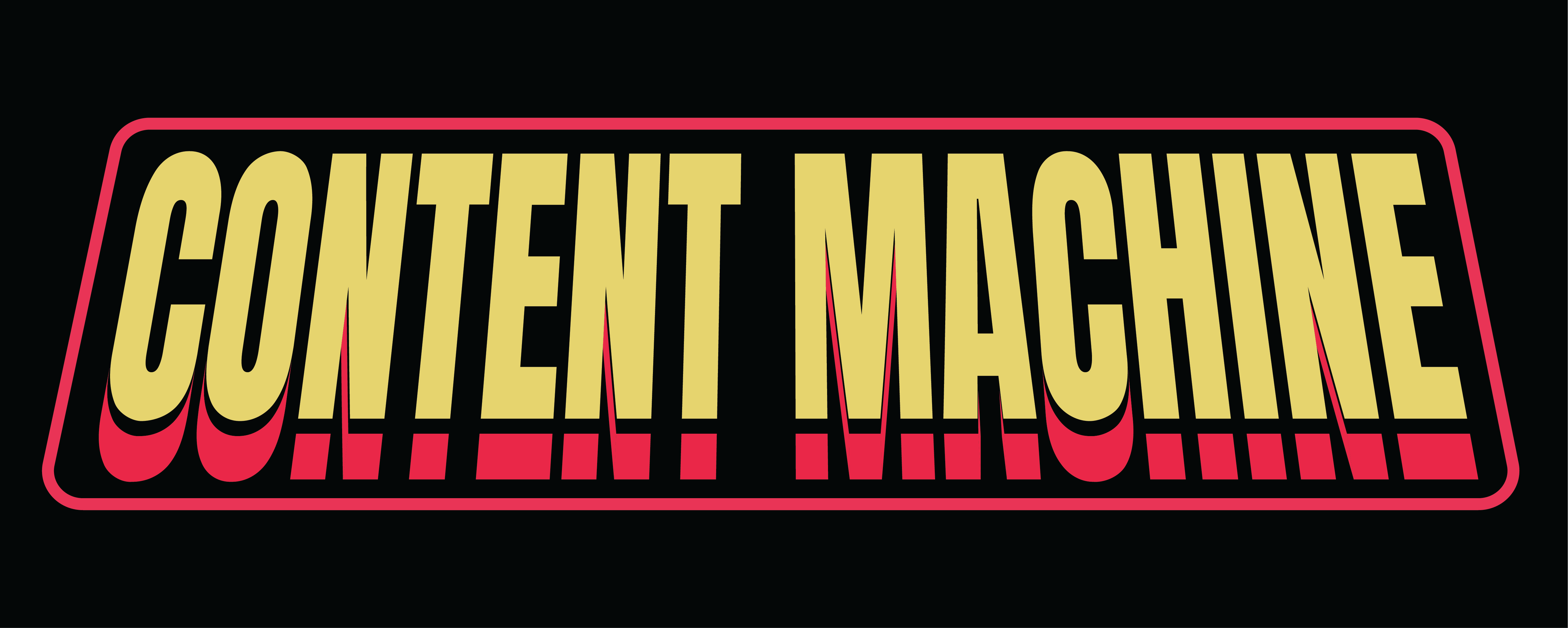In the exciting and fast-paced world of startups, funding plays a crucial and often daunting role in determining success or failure. There are numerous startup funding resources available, each presenting a unique set of advantages and disadvantages. By exploring these resources in depth, entrepreneurs can make informed decisions that best align with their startup’s growth strategy and risk tolerance. This article will delve into different types of funding, from venture capital to crowdfunding, shedding light on their respective benefits and downsides to help startup founders navigate the complex finance landscape.Venture capital, which typically involves large sums of money offered by investors in exchange for equity in the company, is one of the most popular funding sources amongst growth-stage startups. While this type of funding can provide startups with the substantial financial injection needed to significantly scale their operations, it also comes with a degree of risk. Seed funding, on the other hand, is often utilized by early-stage startups that need capital to kickstart their businesses, but this often comes with lower investment amounts. Crowdfunding, a more modern approach, allows entrepreneurs to raise small amounts of money from a large number of people, generally via online platforms like Kickstarter or Indiegogo, but it demands a strong marketing strategy to create an engaging campaign and attract backers.Exploring the Advantages and Disadvantages of Various Startup Funding ResourcesDiving deep into the pros and cons of different startup funding resources.💡 Join the convo, fellow entrepreneurs!💼 #StartupLife #FundingExplained #BusinessInsights #EntrepreneurshipInAction
Exploring the Advantages and Disadvantages of Various Startup Funding Resources


